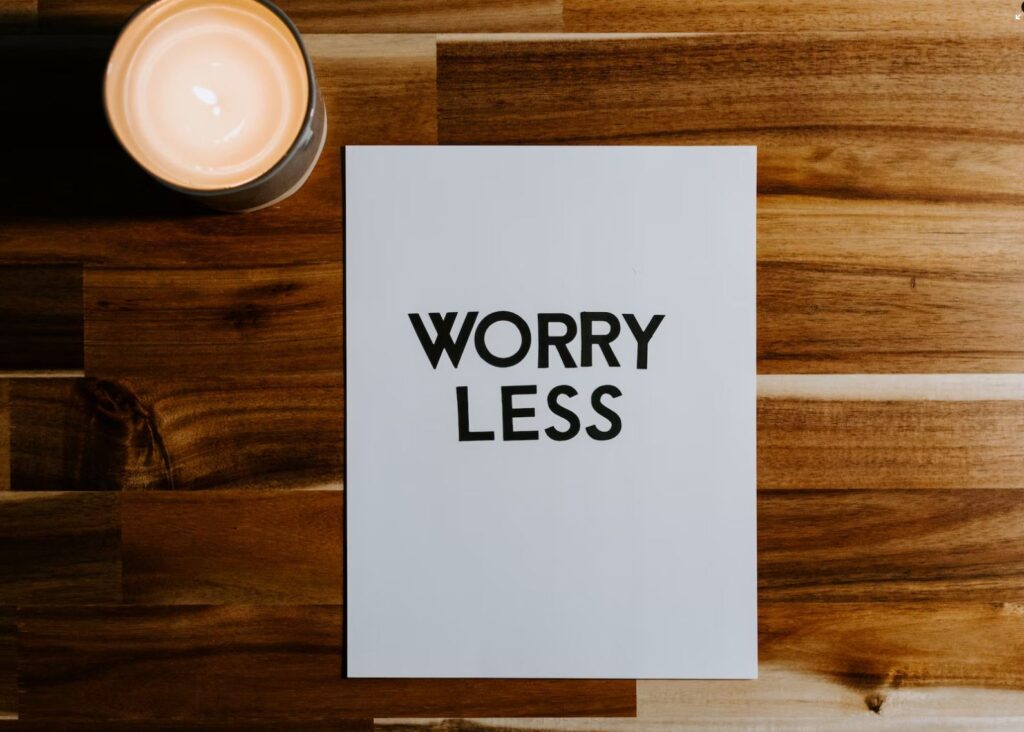Stress has become a ubiquitous component of contemporary life. It stems from various sources, including personal issues, professional challenges, and social changes. So, how does stress affect the body? An abundance of stress can also lead to serious health problems and create issues with your body & mind that were not present previously. As such, stress management has become a critical skill in maintaining a balanced life. Techniques like meditation, mindfulness, and yoga have gained popularity for their proven benefits in combating stress.
Stress can be defined as the body’s natural response to demanding or threatening situations. Stress disrupts one’s physical and psychological equilibrium, thereby mandating the need for effective stress management techniques.
The Physiological Aspects of Stress
Under acute stress, the body’s stress response functions as a protective mechanism. However, chronic stress can have detrimental effects on the body. It can cause sleep disturbances, headaches, digestive problems, and more severe conditions like cardiovascular disease and diabetes. The brain is particularly vulnerable to the effects of chronic stress, which can manifest as changes in mood, behavior, and overall mental health.

Stress and Its Impact on Mental Health
Stress and mental health are intricately linked. The persistent strain exerted on the body and mind due to chronic stress can significantly impact one’s mental health. Research has linked chronic stress to a range of mental health disorders, including depression, anxiety, post-traumatic stress disorder (PTSD), and schizophrenia.
- Depression and Anxiety: Prolonged exposure to stress hormones can lead to changes in brain structure and function, which can predispose individuals to mood disorders like depression and anxiety. High cortisol levels can reduce the production of serotonin and dopamine, neurotransmitters that regulate mood, sleep, and appetite. A decrease in these neurotransmitters is often associated with symptoms of depression and anxiety. Additionally, chronic stress can exacerbate symptoms in those already suffering from these disorders.
- Post-Traumatic Stress Disorder (PTSD): PTSD is often triggered by experiencing or witnessing a traumatic event. The connection between stress and PTSD lies in the individual’s response to the traumatic incident, where the stress systems become hyper-responsive. This overactivity of stress responses can lead to symptoms like flashbacks, nightmares, and severe anxiety.
- Schizophrenia: While stress does not directly cause schizophrenia, it is recognized as a significant environmental trigger. Schizophrenia is a severe mental disorder characterized by distorted thoughts, emotions, and perceptions. Stress, especially during early life stages, can trigger or exacerbate the onset of this disorder.
Stress Management and Its Importance
Stress management involves techniques and practices designed to reduce the levels of stress one experiences, particularly chronic stress. These techniques aim to restore balance by helping individuals recognize stress triggers, take steps to stay calm, and handle problems more efficiently. Effective stress management can improve overall health, elevate mood, increase productivity, and enhance relationships.
Meditation as a Stress Management Technique
Meditation, an activity we’re all aware of, with roots in a variety of different religions, has been widely recognized for its uncanny ability to calm your mind & ease away the stress. The practice involves deep relaxation, concentration, and the detachment from one’s immediate environment. This results in enhanced mental clarity and emotional stability. This can answer the question of how does stress affect the body.
Meditation brings about a state of ‘restful alertness’, where the body is profoundly relaxed, and the mind is quiet yet awake. It reduces the production of stress hormones and promotes a relaxation response in the body. It has also been found to foster qualities such as empathy and compassion, improving interpersonal relationships, which are often a source of stress.
Mindfulness-Based Stress Reduction (MBSR) is a meditation program that is made up of two parts: mindfulness & yoga. It was developed by Dr. Jon Kabat-Zinn at the University of Massachusetts Medical Center and has been proven effective in reducing stress and improving mental health.
Mindfulness: A Tool for Managing Stress
Mindfulness, another holistic practice, involves maintaining a moment-by-moment awareness of our thoughts, feelings, bodily sensations, and the surrounding environment. The core concepts behind mindfulness puts an emphasis on non-judgmental acceptance. This involves not labeling our thoughts & feelings as “right” or “wrong”. Mindfulness can help you figure how does stress affect the body.
By cultivating an attitude of acceptance and non-judgment, mindfulness helps us to observe our feelings and thoughts from a distance, rather than getting swept away by them. This allows for a more measured response to stressful situations instead of impulsive reactions. Techniques such as deep breathing, body scan, and mindful observation are often used in mindfulness practice.
Yoga: A Path to Stress Relief

Yoga is a mind-body practice that combines physical postures, breathing exercises, and meditation. For thousands of years, Yoga has been used & recommended as a stress management technique. Yoga brings about a sense of balance and harmony, both physically and mentally, thereby providing stress relief.
The physical aspect of yoga, known as ‘asana,’ enhances strength, flexibility, and balance. Pranayama, or yogic breathing exercises, can help to reduce anxiety and calm the mind. The meditative aspect of yoga aids in achieving a peaceful state of mind. Yoga is a perfect solution to your stress management and certainly answers the question how does stress affect the body.
Yoga helps reduce stress by lowering the levels of the stress hormone cortisol, decreasing blood pressure, and regulating heart rate. A study in the Journal of Physical Activity and Health found that 20 minutes of yoga practice stimulates brain function more than walking or jogging, further demonstrating its efficacy in stress management.
On Your Way To A Stress Free Life
In today’s fast-paced world, stress management is a necessity rather than an option. Holistic approaches like meditation, mindfulness, and yoga offer a natural and effective way to cope with stress. They not only help in reducing immediate stress but also equip individuals with techniques to handle future stressors effectively.
These practices are easily accessible, cost-effective, and free from adverse side effects, making them a favorable choice for many people. Furthermore, it is very important to remember that different stress management techniques work differently for each person, and a method that works well for you may not work as effectively for another person. Hence, a personal exploration of these practices is crucial in discovering what works best for an individual’s unique needs.

